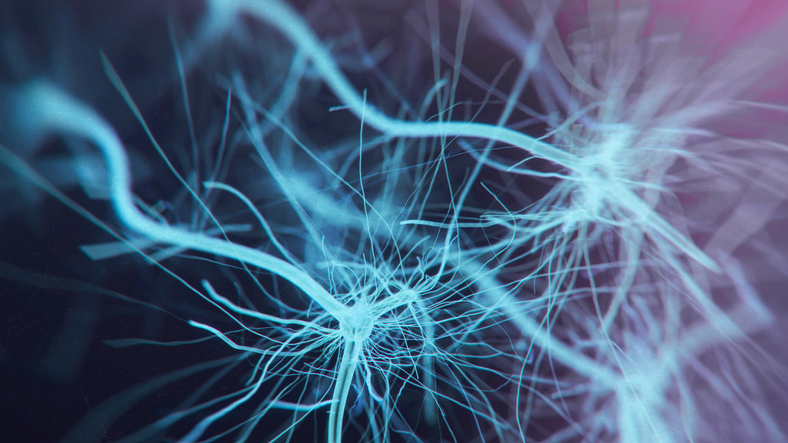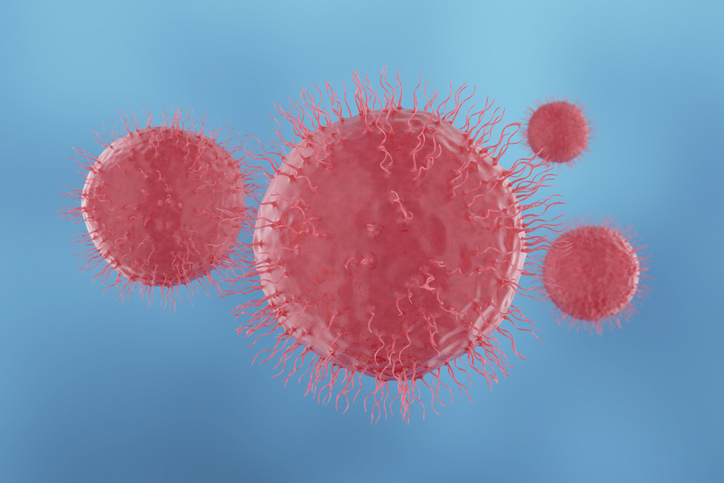Pain
Glutathione as a Treatment for Neuropathic Pain

What is neuropathic pain?
Neuropathic pain occurs when the central nervous system or the peripheral nerves are damaged. Peripheral neuropathy usually begins in the longest nerves of the body, such as the feet and hands. As the condition progresses, it moves up the arms and legs.
Because the spine and nerves are intertwined and work together, issues in the spine can cause nerve pain. Lumbar herniated disc is a common form of nerve pain that occurs when a disc between the vertebrae becomes herniated and places pressure on a spinal nerve root. Once the nerves become damaged and neuropathy becomes an issue, false signals are sent from the peripheral nervous system and central nervous system to the spinal cord, and then to the brain.
Glutathione as a treatment for neuropathic pain
Glutathione is a substance that is produced by the liver and made from cysteine, amino acid glycine, and glutamic acid. It is involved in tissue construction and repair, composition of certain chemicals and proteins, and the body’s immune system. Evidence has supported glutathione as a treatment for neuropathic pain, especially if nerve pain is caused by cisplatin medication.
Studies with individuals who have neuropathic pain of varying causes show significant evidence to support the efficacy of glutathione against neuropathic pain. Burning pain was greatly improved with the use of glutathione. Most pharmaceutical treatments for neuropathic pain do not treat the underlying cause of the pain, but rather the symptoms. This method of treatment could be beneficial; however, additional research is needed to confirm the effectiveness.


















